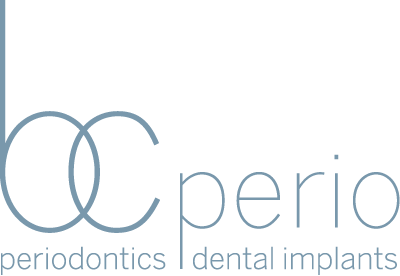When teeth are removed or dislodged, open space remains in your mouth. Other teeth will then move naturally into that space. This often leads to misalignment. If you have your missing tooth or teeth replace with a tooth implant, the extra space will be filled, and your remaining teeth will remain in the proper position.
Side Effects of Missing Teeth
Having a tooth extracted or dislodged leaves a space in your mouth. Teeth will naturally move to fill extra space, so if you lose a tooth, given time the space left behind will become smaller. However, this is not necessarily a good thing.
When teeth shift to fill this extra space, they move out of their natural position. Your top and bottom teeth will no longer fit together properly. This is called misalignment or malocclusion. In the long term, it can lead to numerous problems including:
- Premature wear
- Teeth grinding and clenching
- Temporomandibular joint disorder
- Eventual loss of more teeth
The best way to avoid these long-term problems is to have your missing tooth replaced with a tooth implant as soon as possible after it is lost.
Dental Implants for Missing Teeth
Dental implants are the best choice for replacing missing teeth. Not only do they provide a functional tooth, but they also include a functional tooth root. This helps preserve the jawbone and keep your entire mouth healthy. A tooth implant is also stationary and permanent. It does not need to be removed for cleaning, and it will not shift in your mouth as you chew or speak.
Your periodontist can evaluate the health of your mouth and gums and determine if a dental implant is a good choice for you. If you have existing gum disease, your periodontist will want to treat it before implants can be placed. Other conditions, such as a lack of bone mass in the jaw, can also require treatment before your implant surgery. Please contact our office for a consultation with our periodontist to find out how a dental implant can prevent long-term problems from missing teeth.
